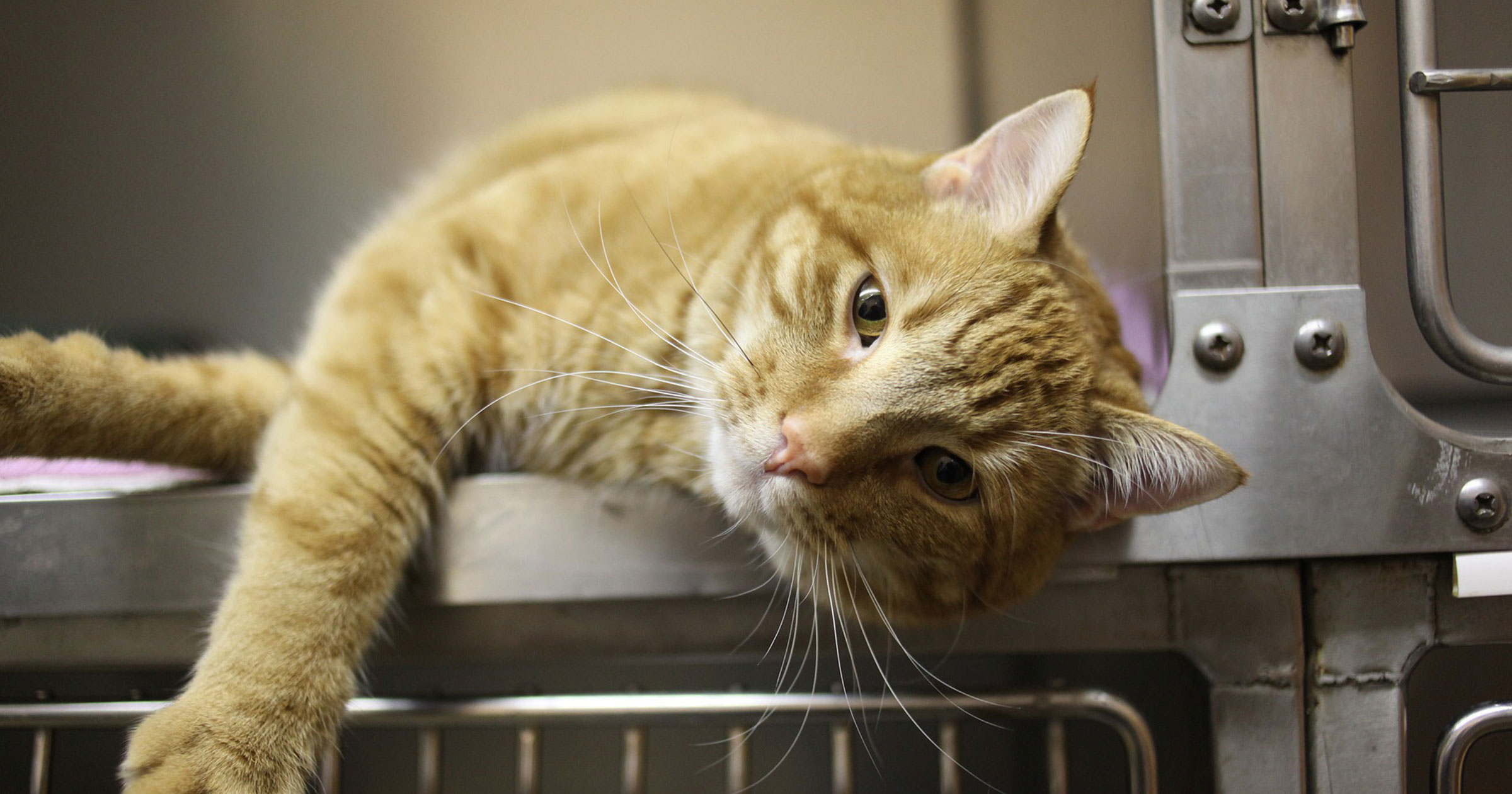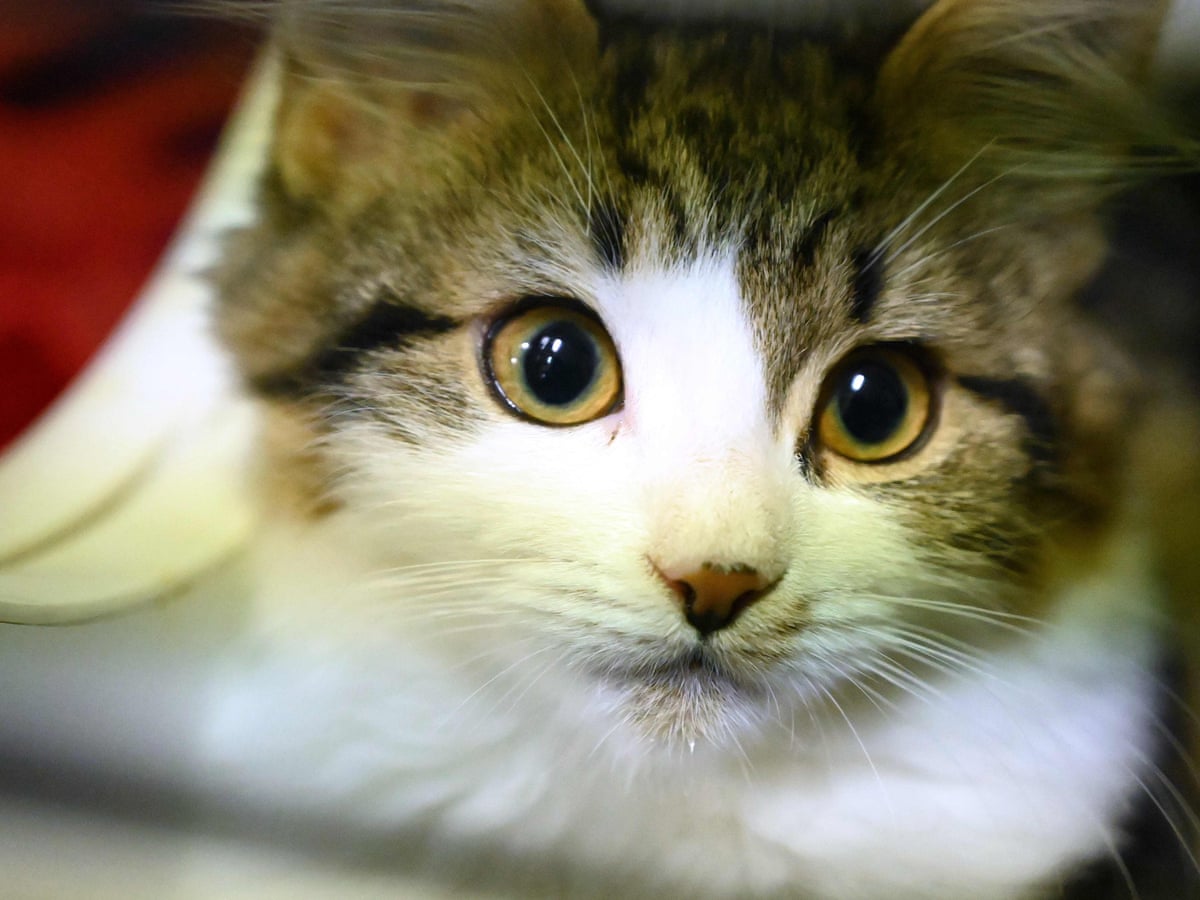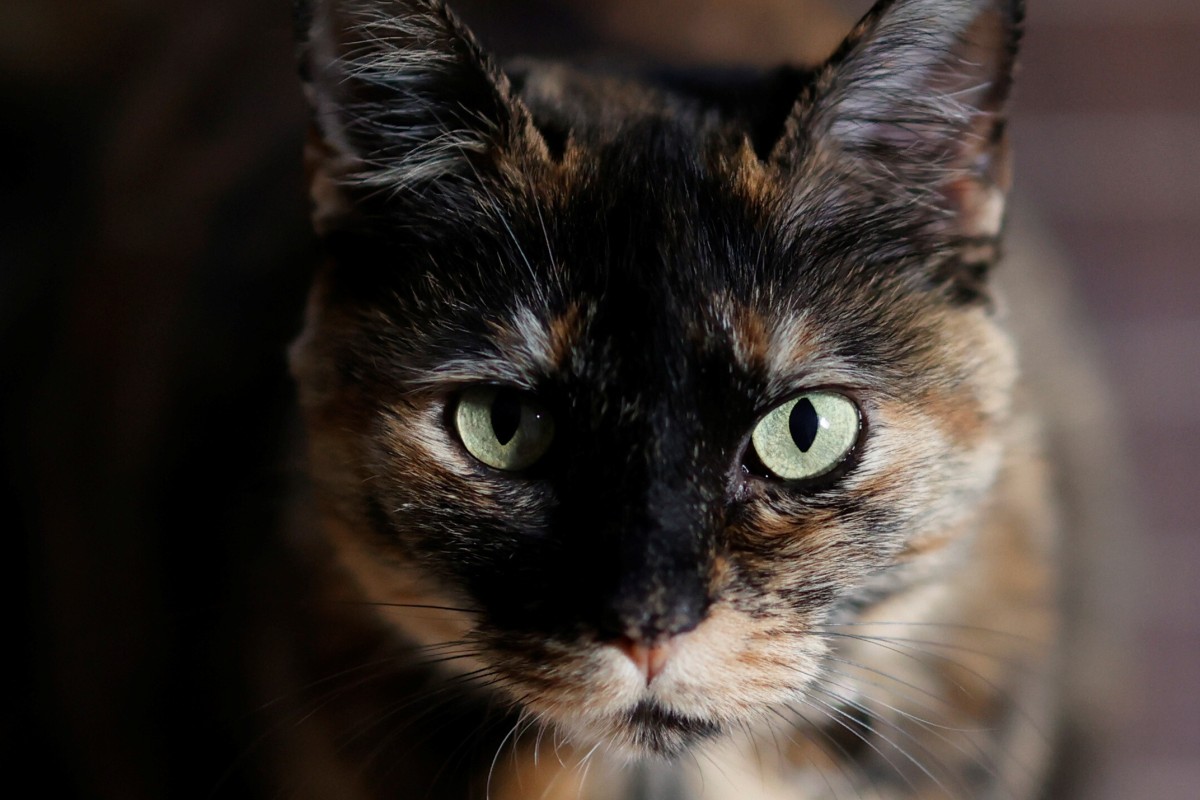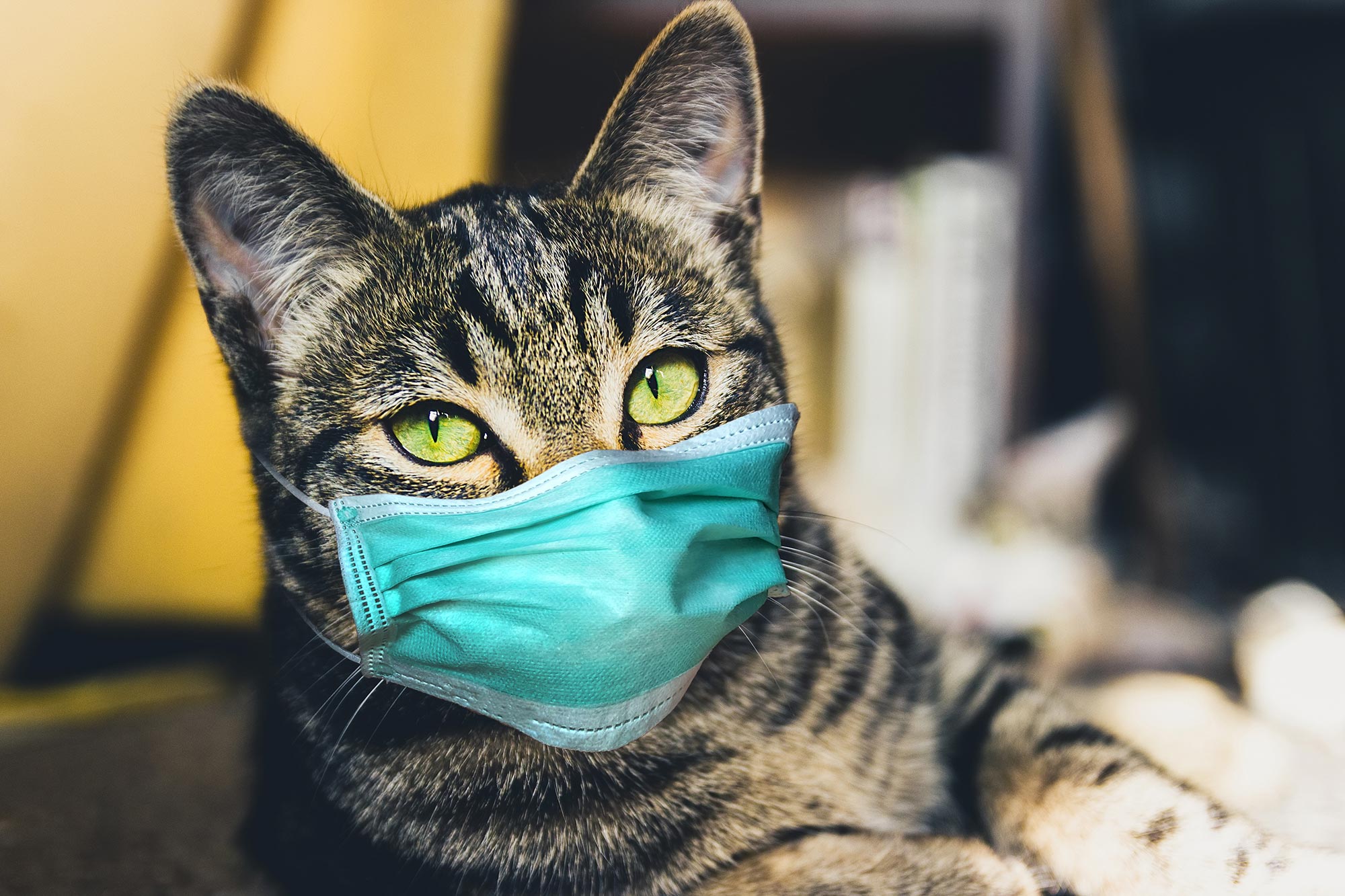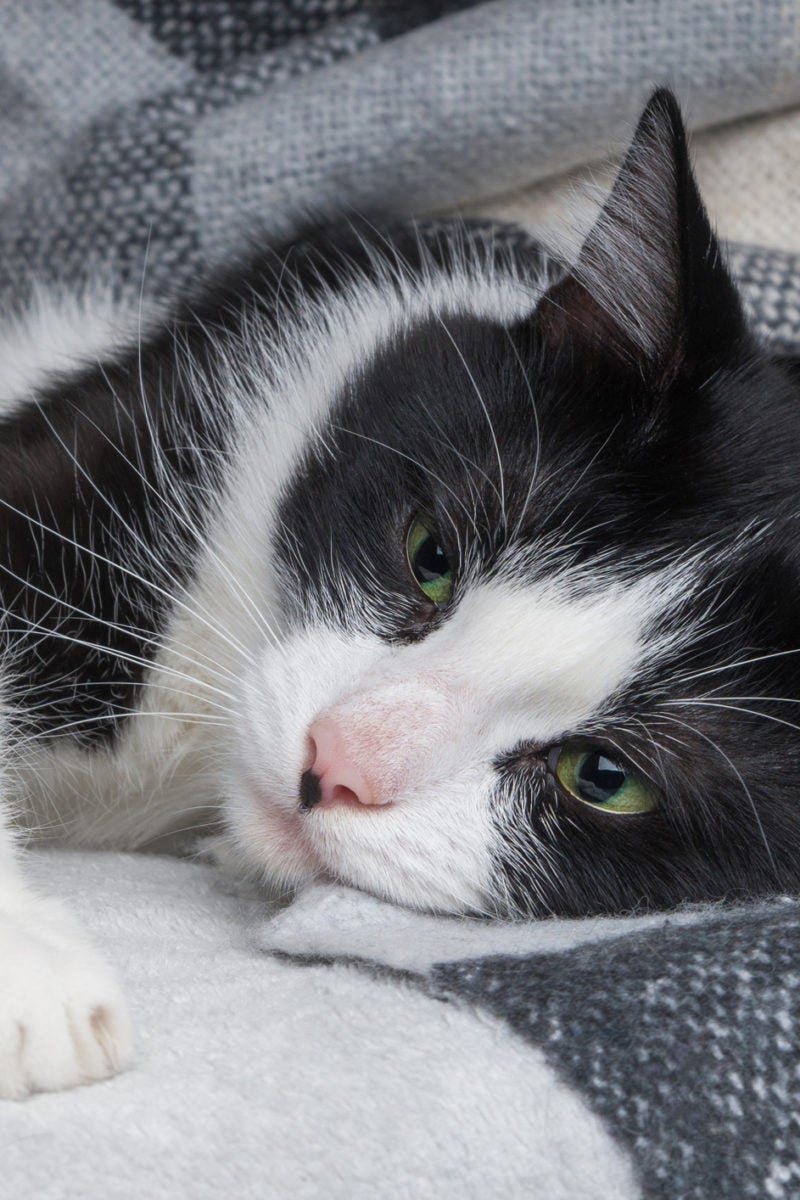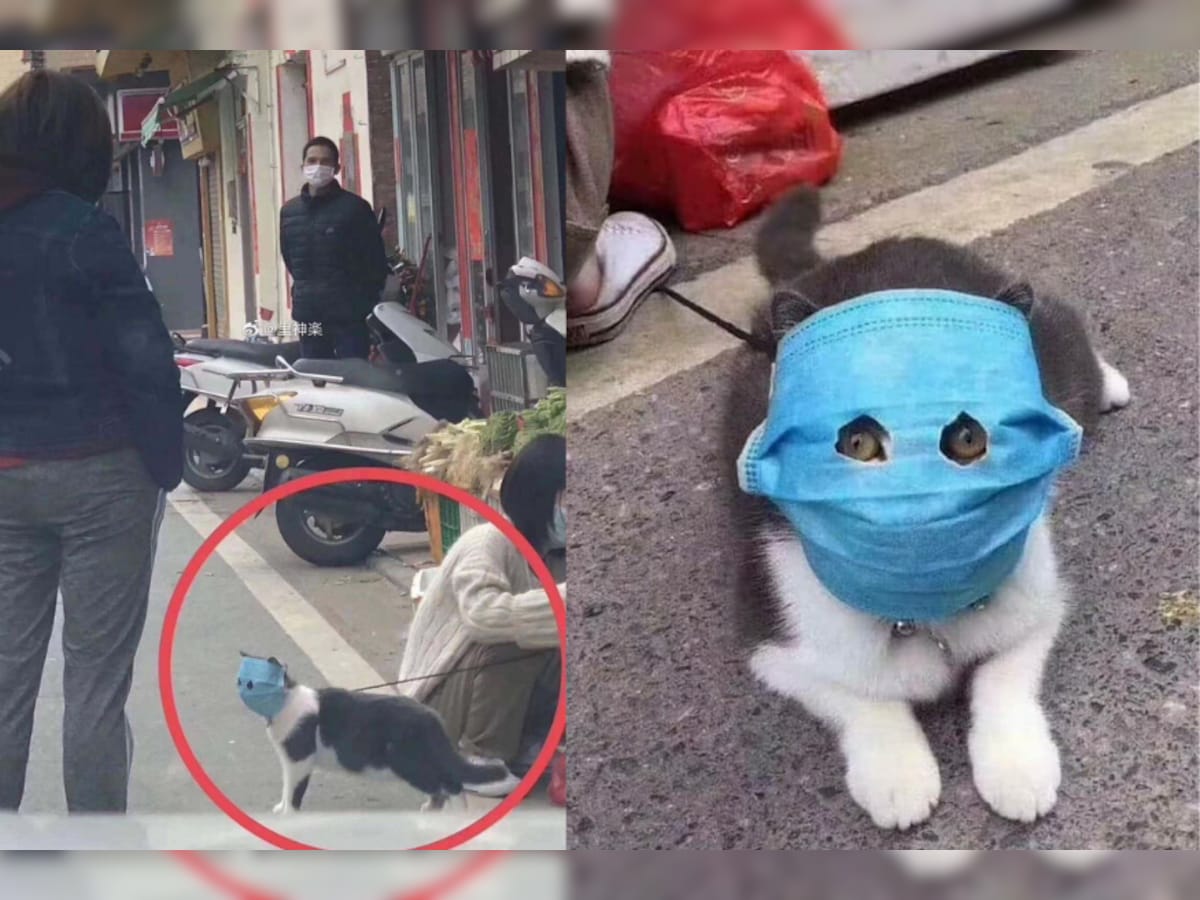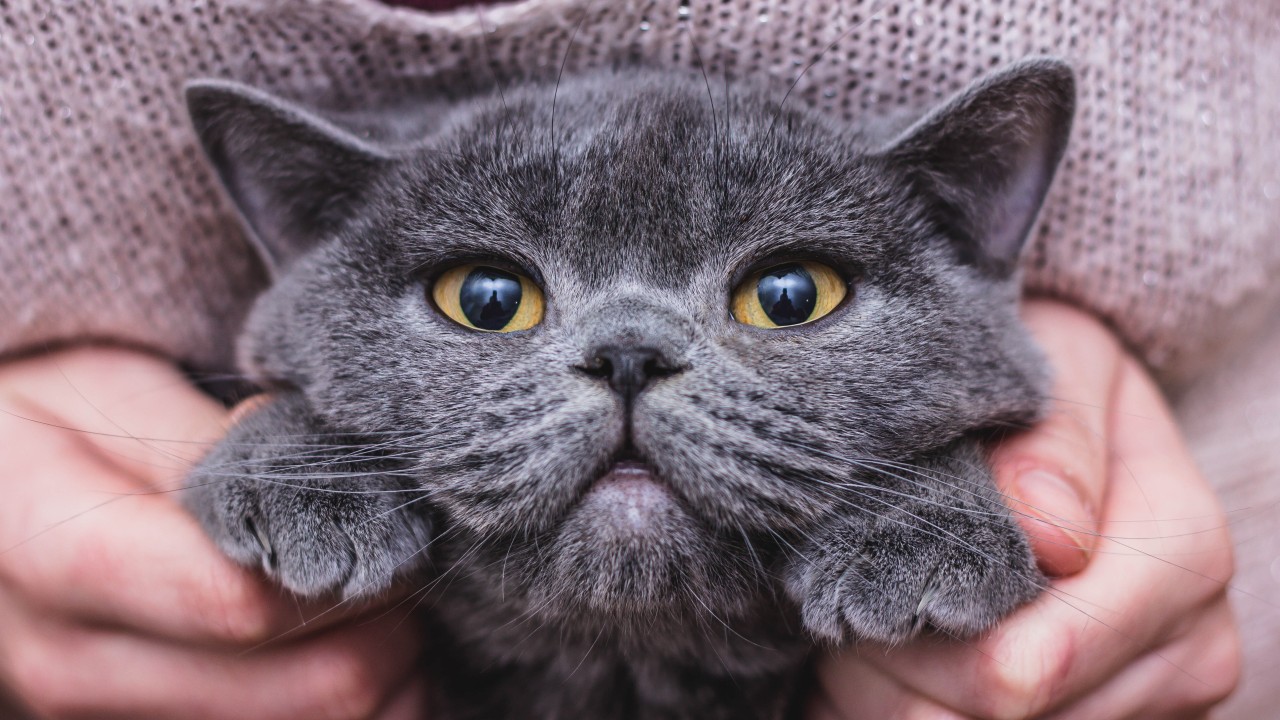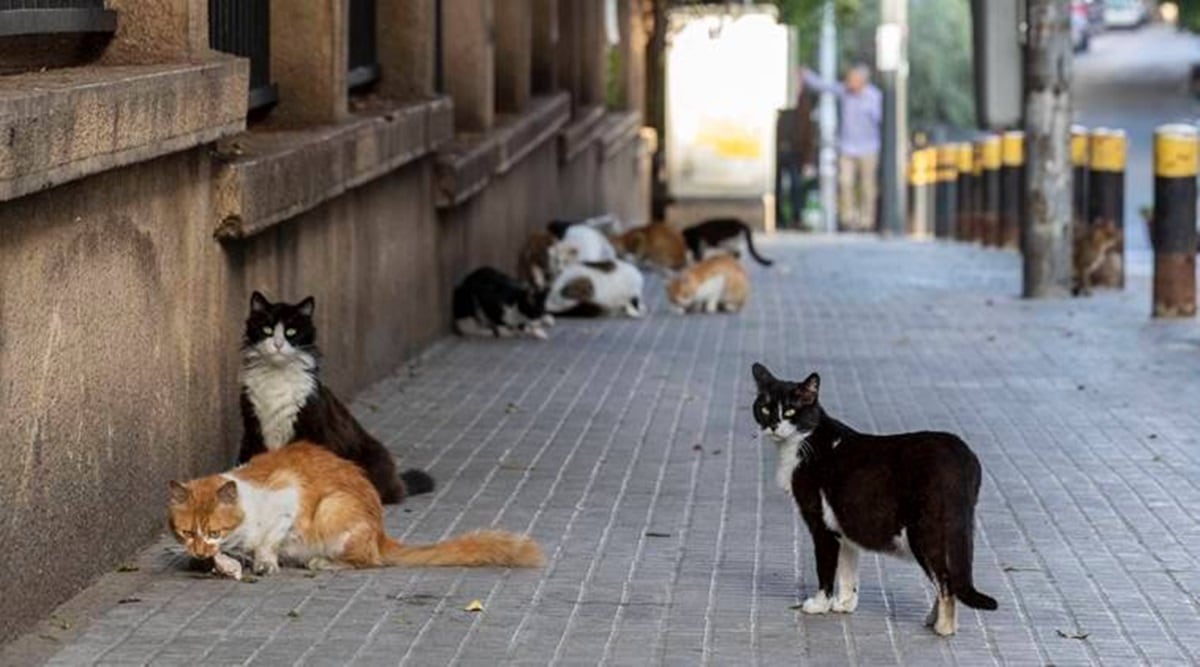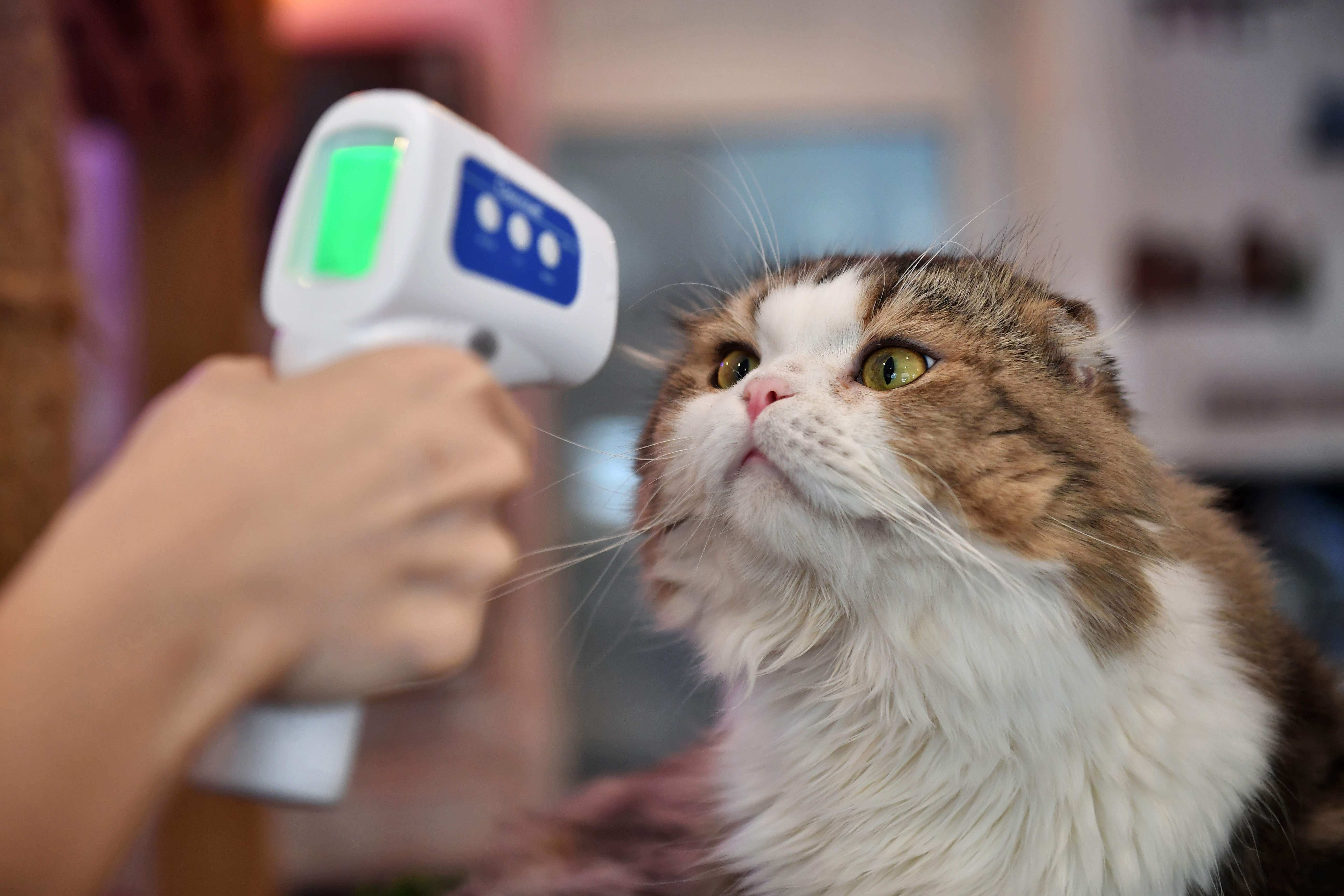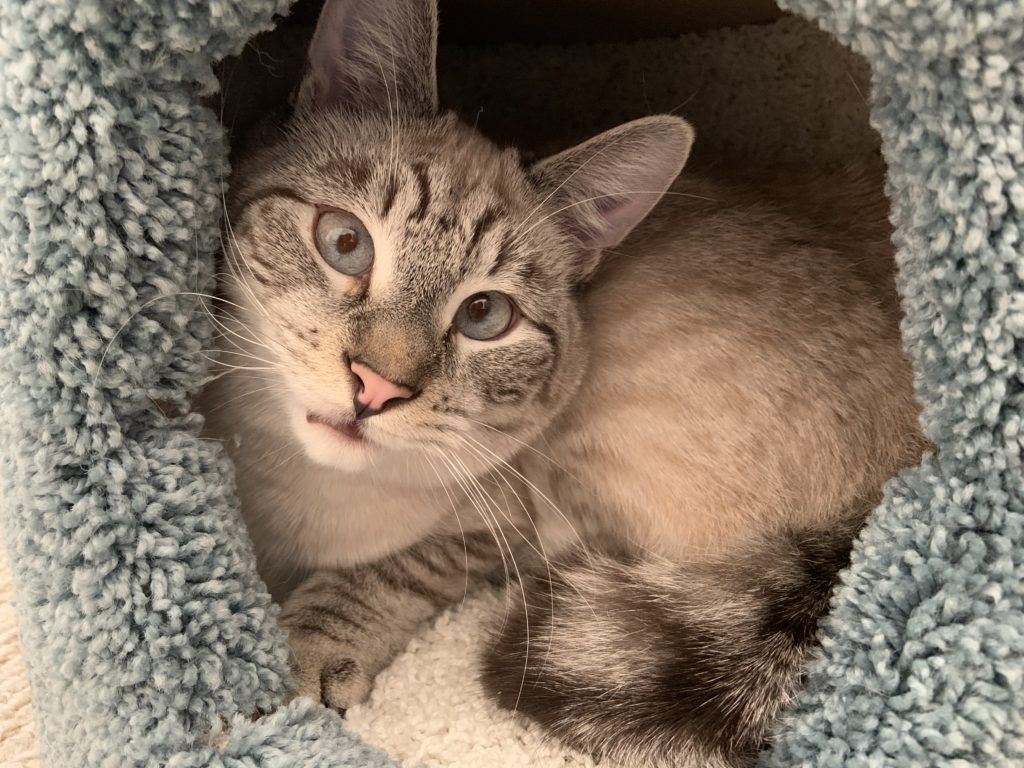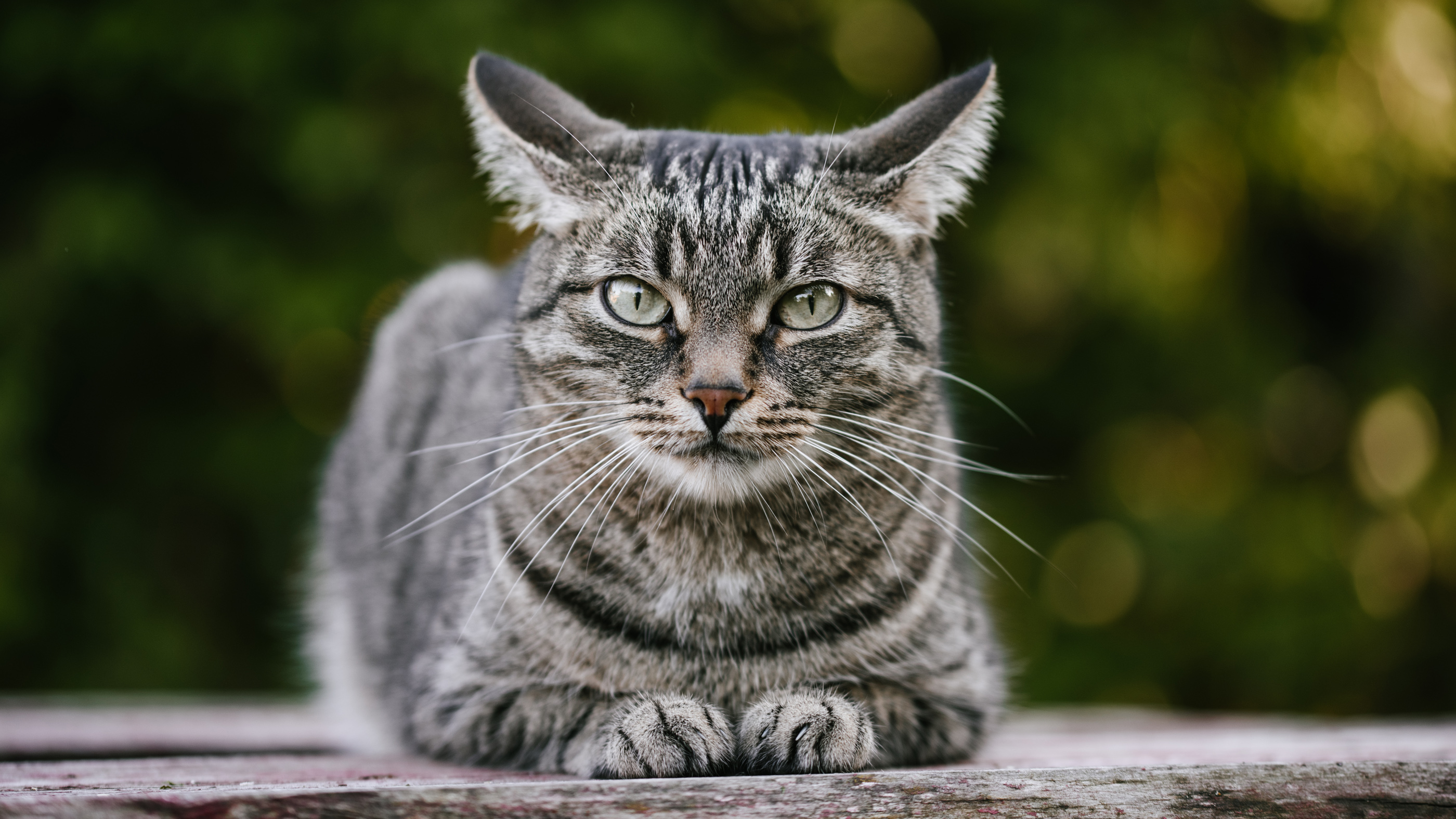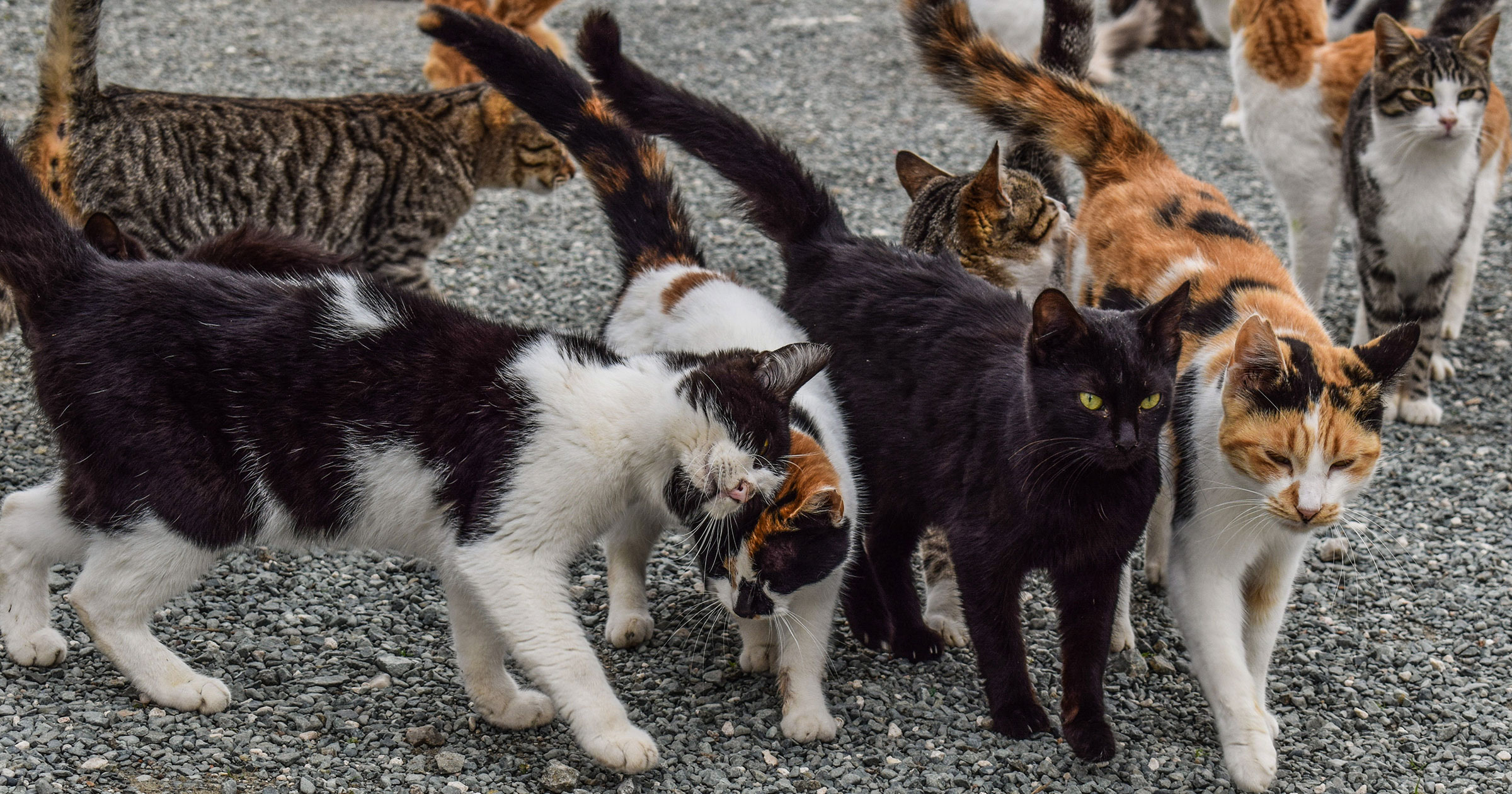Coronavirus In Cats Symptoms
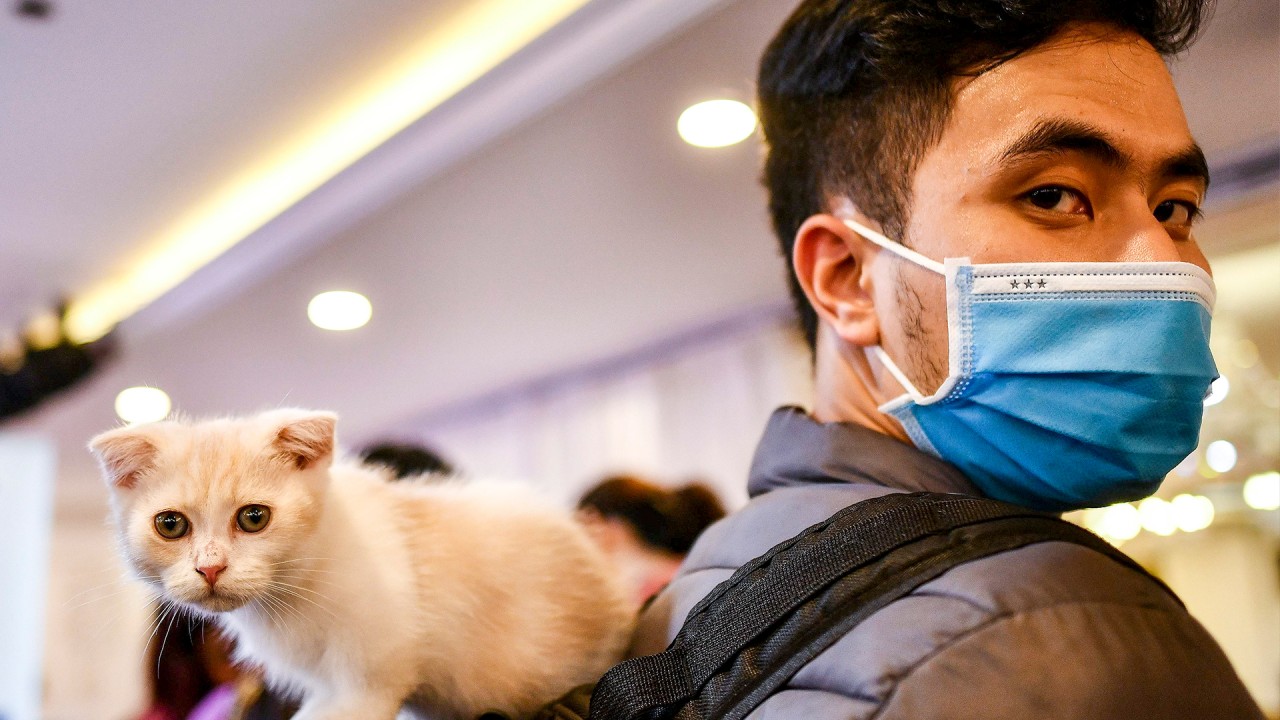
Symptoms of Covid-19 in animals.
Coronavirus in cats symptoms. As yet poorly understood changes in the virus can give rise to mutants that lead to the development of feline infectious peritonitis FIP. This infection can affect the brain liver kidneys lungs and skin. They can also show symptoms of COVID-19 and might be able to pass it to other cats.
Cat aficionados are most familiar with the ubiquitous feline coronavirus FCoV which is shed in the feces of infected cats and usually causes relatively benign self-limiting gastrointestinal problems in infected cats. Fortunately most of the small number of animals that have tested positive for Covid-19 have either not had symptoms or only suffered very mild symptoms such as. New studies show that two domestic cats in the UK.
A sick cat should be isolated for 14 days in a safe and comfortable place in your home. Eight cats and dogs that lived in the same homes as the pets that tested positive for. Mutation of FECV to a biotype capable of infection and replication within macrophages is responsible for development of feline.
Thirteen owned cats 27 had symptoms most commonly a runny nose and difficulty breathing. Coronaviruses are a large family of viruses. Symptoms of coronavirus in cats.
Coronavirus infection in cats. While most cases were mild three were severe. Investigators are still unsure of the routes by which strains of coronavirus are transmitted between cats.
Fever- A normal temperature for your cat falls between 995-1025 Fahrenheit. It generally causes asymptomatic infection but can cause mild diarrhea. At this point it appears house cats with COVID-19 developed a mild to moderate cough potentially accompanied by an increased breathing rate or.
